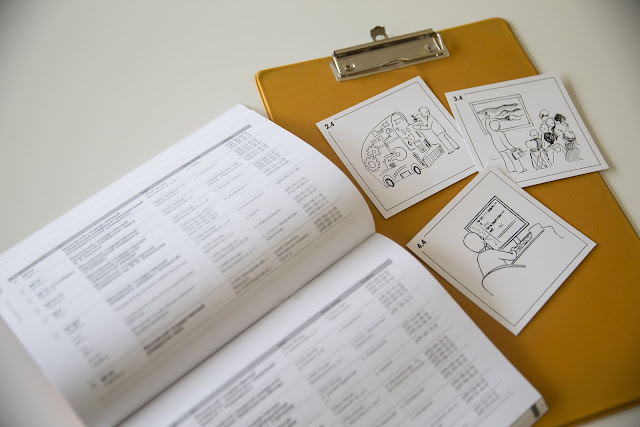9 Roles of Clinician during Assessment
Science And Psychology
The clinician has many roles during the assessment. Some of the main roles have been listed below:
1.When the clinician is conducting the assessment, she should be able to make a relevant decision on the specific question.
2.The clinician must have diverse knowledge.
3.The clinician should be able to conduct psychometric tests and psychological assessment.
4.The clinician must be expert in understanding human behavior so that complex processes be handled.
5.The clinician must have knowledge concerning problem areas and on the basis of knowledge, form a general idea regarding behavior to observe an area in which to collect relevant data. This includes an awareness and appreciation of multiple causations, interaction influences, multiple relationships.
7.The clinician should have the basic knowledge of demands, types of referral, questions, expectations and various context like employment, education, vocational, career, health care (psychological, psychiatric, medical).
8.The clinician should have known about the main interpretive hypothesis in psychological testing.
9.The clinician should be able to conduct test battery with the psychometric approach.
For more:
Handbook of Psychological Assessment (4th Edition)
Image: Pixabay
The clinician has many roles during the assessment. Some of the main roles have been listed below:
1.When the clinician is conducting the assessment, she should be able to make a relevant decision on the specific question.
2.The clinician must have diverse knowledge.
3.The clinician should be able to conduct psychometric tests and psychological assessment.
4.The clinician must be expert in understanding human behavior so that complex processes be handled.
5.The clinician must have knowledge concerning problem areas and on the basis of knowledge, form a general idea regarding behavior to observe an area in which to collect relevant data. This includes an awareness and appreciation of multiple causations, interaction influences, multiple relationships.
6.The clinician should be familiar with core knowledge related to measurement and clinical practice. The core knowledge includes descriptive statistics, reliability, validity, normative, interpretation, selection of test, administration procedures, variables (ethnicity, race, age, gender), testing individuals with disabilities.
7.The clinician should have the basic knowledge of demands, types of referral, questions, expectations and various context like employment, education, vocational, career, health care (psychological, psychiatric, medical).
8.The clinician should have known about the main interpretive hypothesis in psychological testing.
9.The clinician should be able to conduct test battery with the psychometric approach.
For more:
Handbook of Psychological Assessment (4th Edition)
Image: Pixabay



Comments
Post a Comment